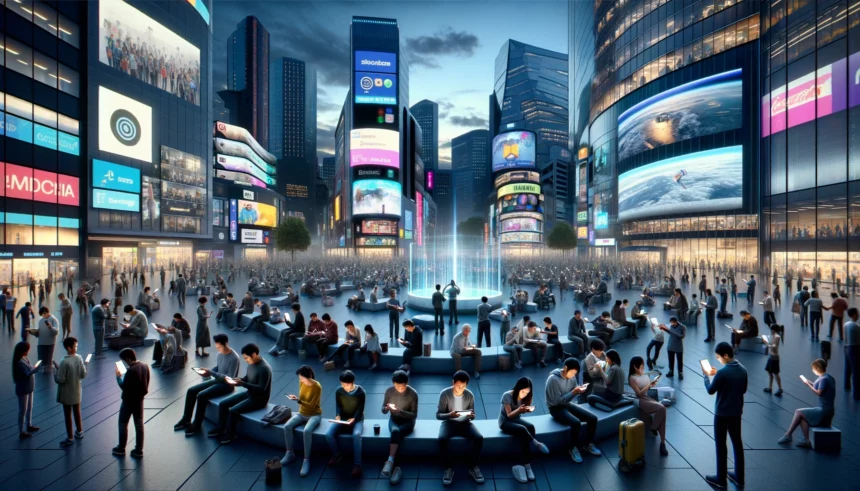Introduction
Over the past few years, social media and technology platforms have dramatically changed the way we connect, communicate, and shape our cultural landscape. Whether it’s catching up with friends on Facebook, finding the latest trends on Instagram, or getting news updates via Twitter, these platforms are central to our daily lives. But what are the broader implications of this digital revolution on society and culture? Let’s dive in and explore.
1. Bridging Distances: Connectivity and Communication
- Global Connections: Social media allows us to connect with people all over the world. This global network helps us keep in touch with family and friends, no matter where they are.
- The Flip Side: There’s a downside, though. Sometimes, social media can make us feel isolated and create divisions within society. People might only see news and opinions that confirm their beliefs, missing out on a balanced perspective.
2. The Trendsetters: Cultural Influence and Trends
- Driving Forces: From viral dance moves on TikTok to fashion trends sparked by influencers, social media is a powerhouse of cultural influence.
- Voice to the Voiceless: It also gives a platform to those who might not have one. Diverse voices can share their stories and experiences, challenging traditional narratives and making culture richer and more inclusive.
3. The New Town Square: Information Sharing and News Consumption
- Instant Updates: Social media has revolutionized how we get our news. With tweets and live videos, news reaches us as it happens.
- Facing Challenges: But it’s not all good news. Misinformation can spread just as quickly as the truth. Platforms are now working harder than ever to fact-check and control fake news, but it’s an ongoing battle.
4. Guarding Secrets: Privacy and Data Security
- Data Dilemma: Our personal information is gold for tech companies. But how they use and protect this data is a big concern.
- Safeguarding Privacy: In response, there’s been a push for stronger data protection laws like the GDPR in Europe and the CCPA in California, aiming to give us more control over our personal information.
Conclusion
Social media and technology platforms offer incredible opportunities for connection, creativity, and information. However, these benefits come with challenges like misinformation and privacy issues. As we move forward, it’s crucial to balance these aspects, striving for a world where technology enriches our lives while safeguarding our personal and societal well-being.
By understanding the impact of these platforms and advocating for responsible use and regulation, we can use technology to foster a more informed, connected, and culturally rich society. Let’s keep the conversation going and work together to make the most of the digital age!
















